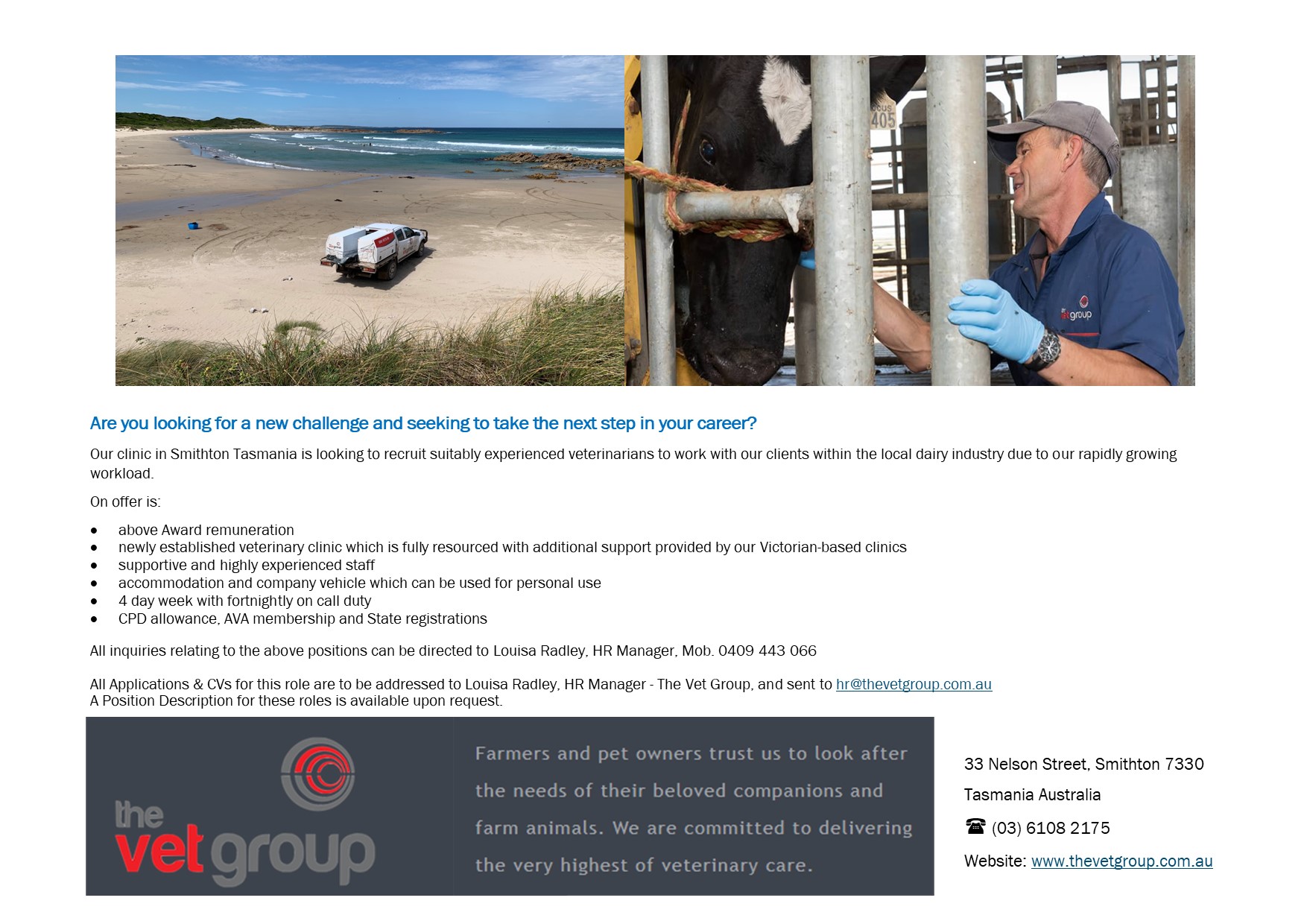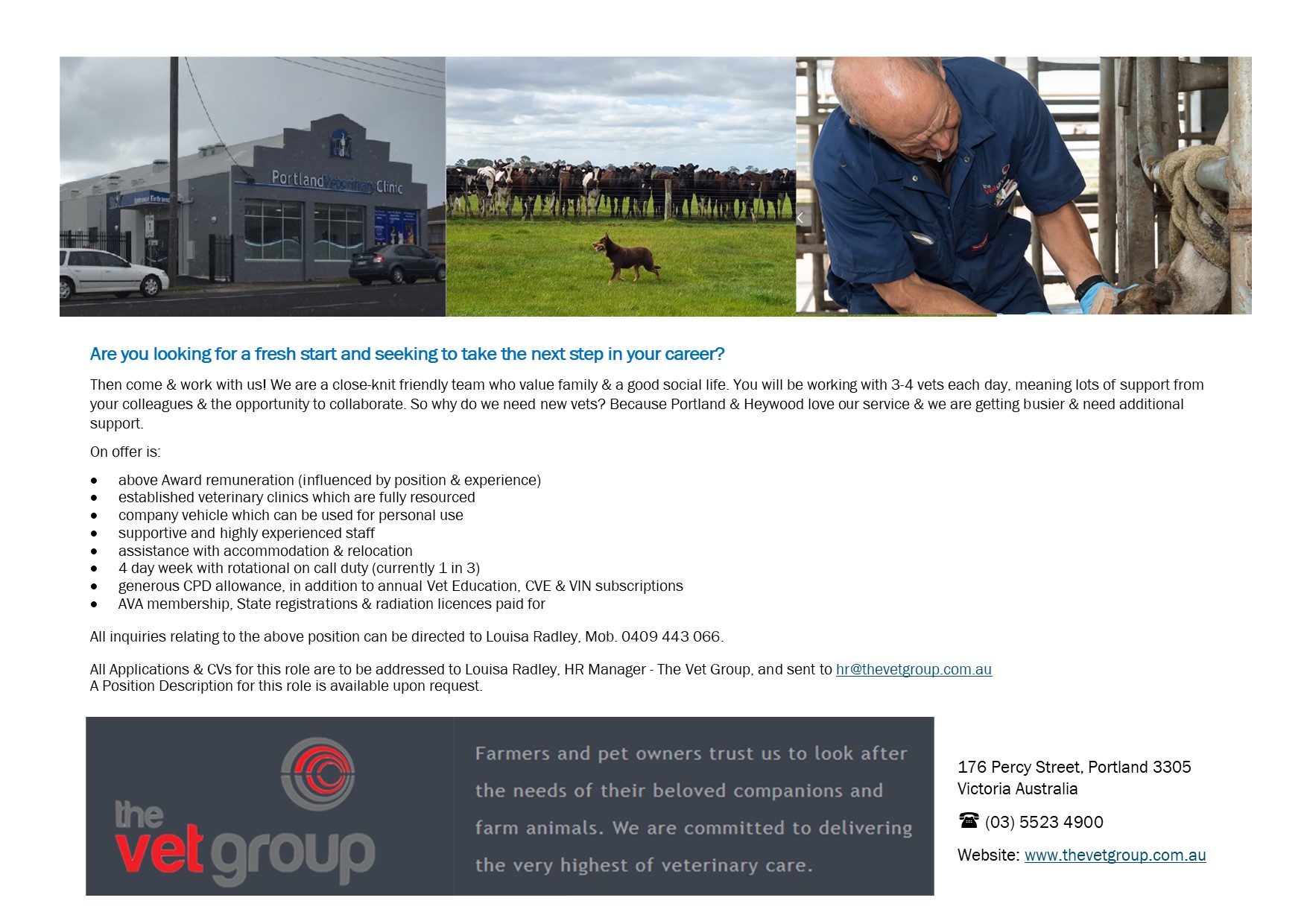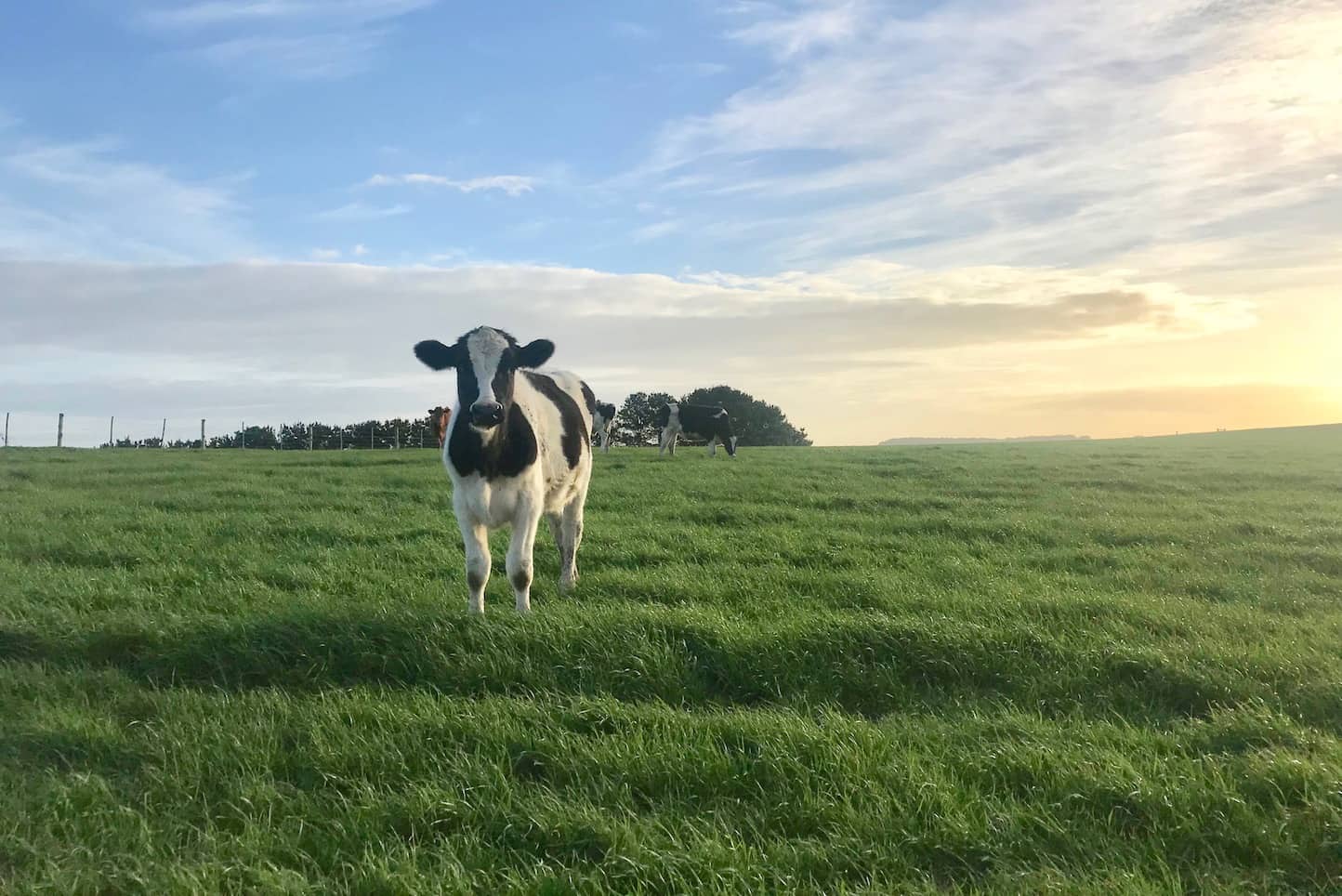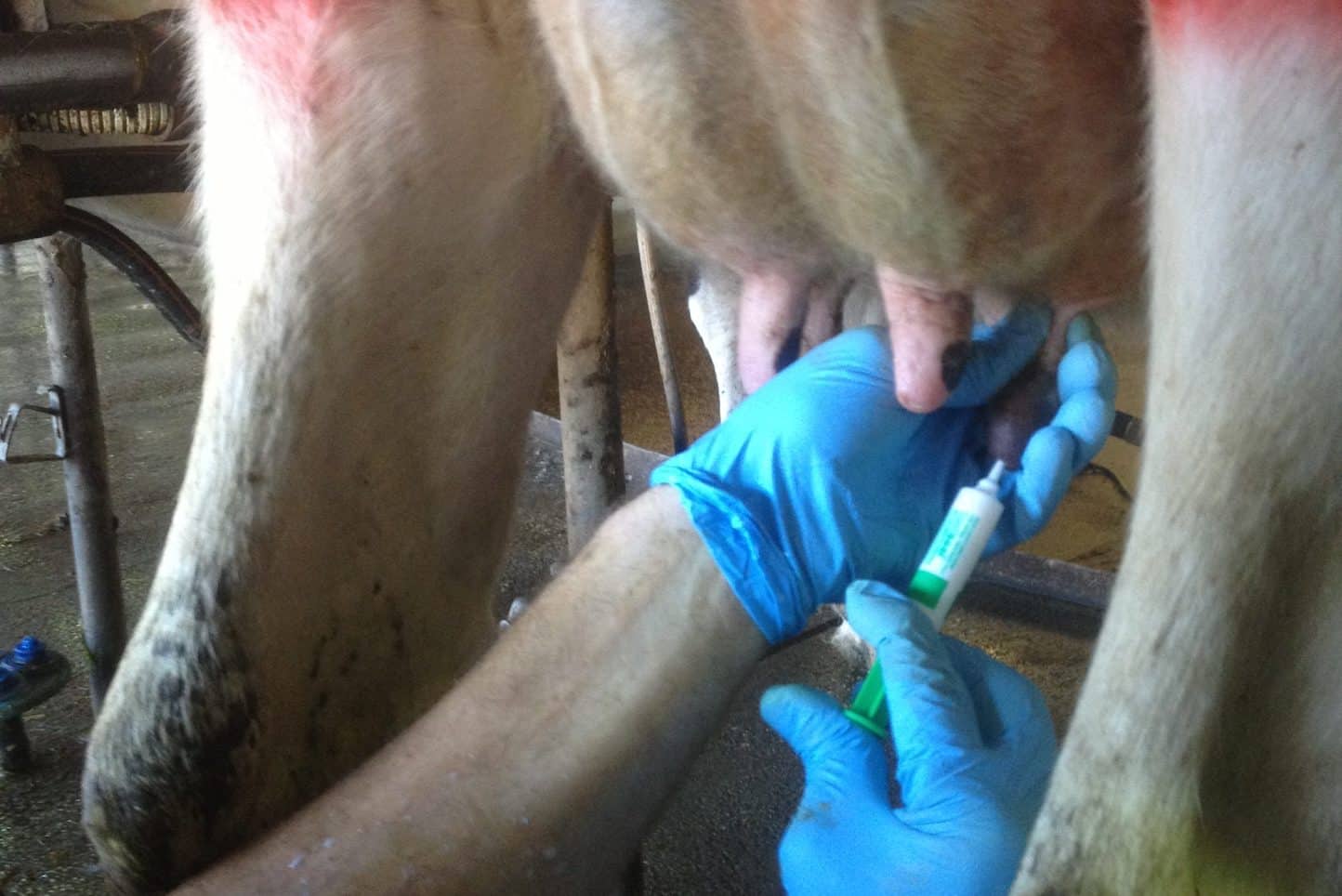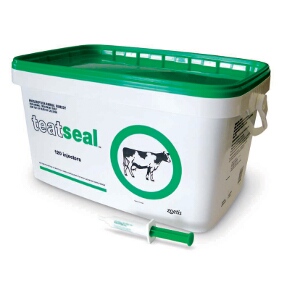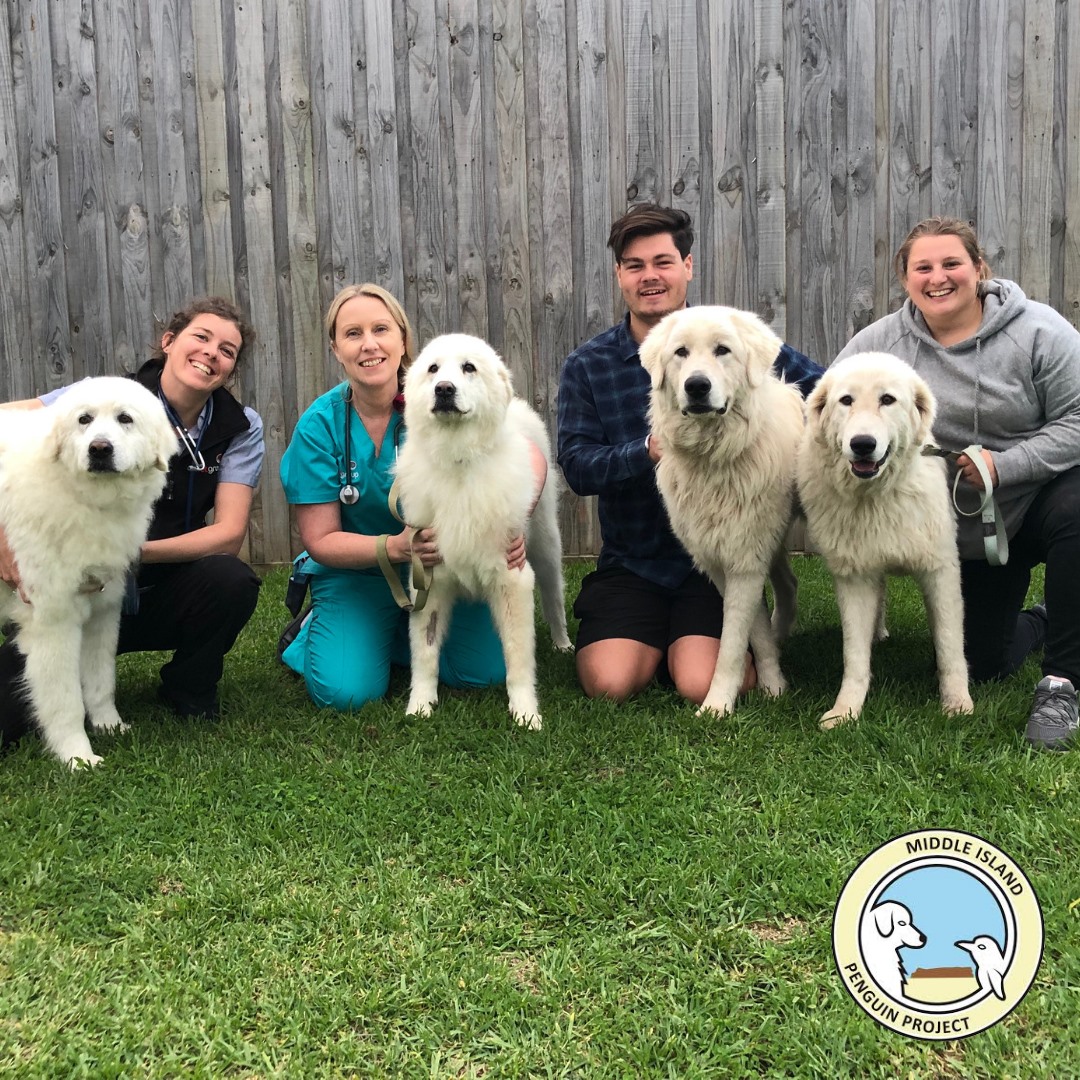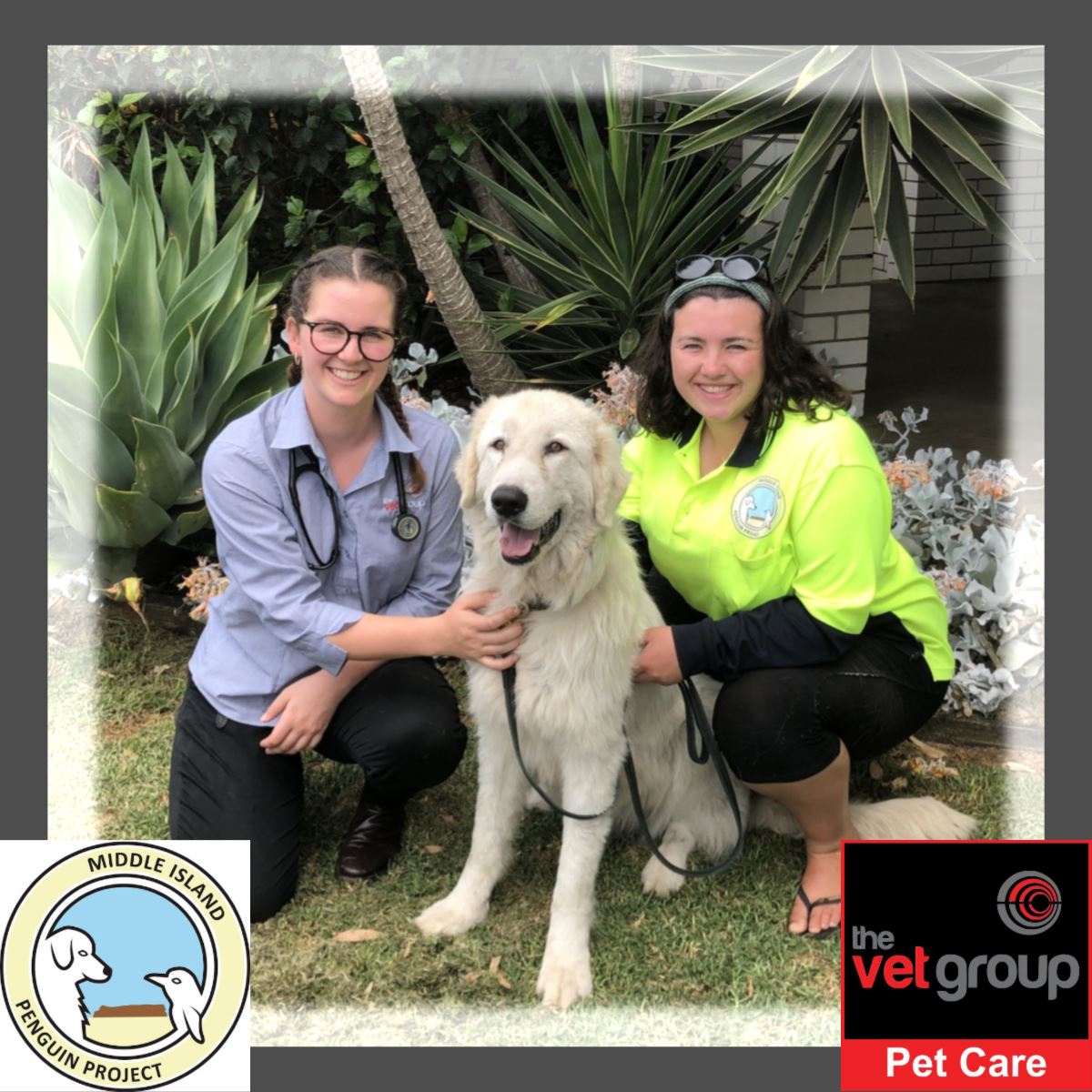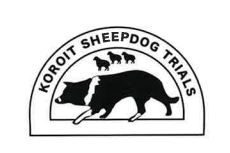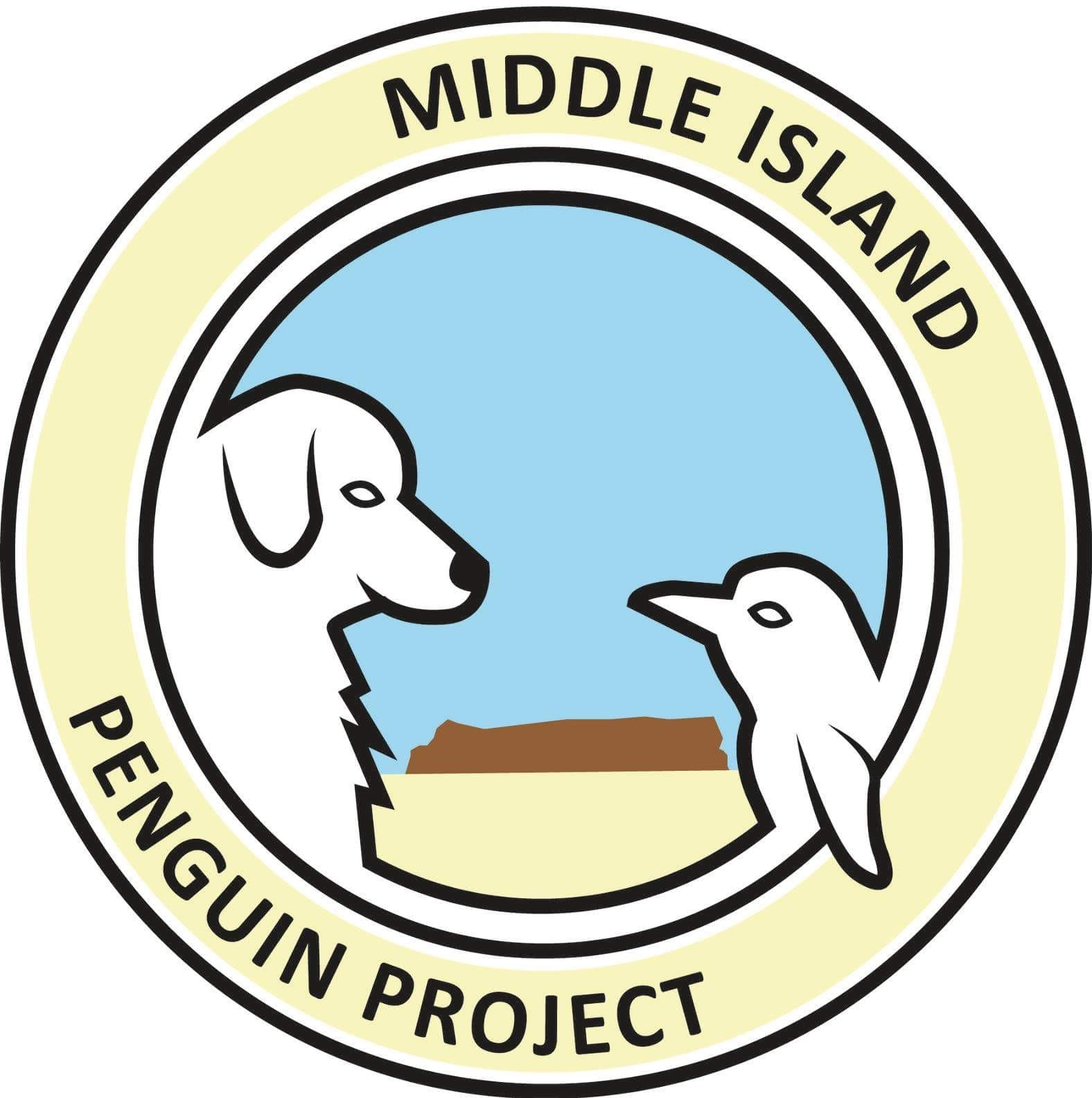Last week was #InternationalMicroorganismDay, so we thought we’d shine the light on some of the microbes that can be the most frustrating: those that cause calf scours!
The microbes that cause calf scours (aka calf diarrhoea) can be viruses, bacteria and/or protozoa that damage the lining of the gut. This means that the milk and water a calf drinks can’t be absorbed and instead come out the other end! For the most part, these microbes are shed in the faeces of infected cows and calves. Calves pick up infection through ingestion (that is, by nibbling contaminated bedding or feed). There are a few specifics that are worth noting:
- E. coli K99: A bacteria that causes disease in calves less than 3 days of age. E. coli is a bit different in that the diarrhea is caused by a toxin that MAKES the body excrete more fluid.
- Salmonella: A bacteria that can occur at any age – from day old calves to adults. As well as faeces, Salmonella can be shed in the saliva of clinically affected and carrier calves and in the milk and colostrum of affected cows.
- Rotavirus and coronavirus: These two viruses cause disease up to 2-3 weeks of age.
- Crypto: A protozoa that can cause disease anywhere from 5 to 30 days (protozoa are like tiny little eggs that hatch in the intestines after being swallowed). Crypto scours can be chronic as calves can “re-infect” themselves (this makes Crypto an especially frustrating disease!).
- Coccidia: A protozoa that generally occurs in calves from 3 weeks of age. Stresses, such as cold or wet weather, can make clinical signs more likely to occur.
I clean my calf shed out every season – why do I keep getting these bugs?!
These microbes can be pretty good at surviving in the environment, particularly if conditions are cool and damp. Generally they can survive for months in water, soil and faeces, but this can be longer: Salmonella can survive in dried faeces for up to 6 years! And while disinfectants can be useful they aren’t always effective: Crypto, with it’s “shell”, is resistant to most of the available disinfectants.
There’s so many bugs! How do I know which one is a problem in my herd?
We identify the problem pathogens on farm by testing faecal samples from multiple calves. We do this when we’re on farm investigating calf scours, but we also have sampling packs with containers and instructions available at our clinics. Diagnosis is important as different preventative measures are available for each:
- Vaccination for Salmonella, E. coli, Rotavirus and Coronavirus
- Preventative treatment for Crypto and coccidia (added to feed)
Diagnosis is also important to help create the right treatment protocols for your farm. This is particularly important for the bacteria Salmonella and E. coli, as we do see antibiotic resistance in scour outbreaks on farm.

